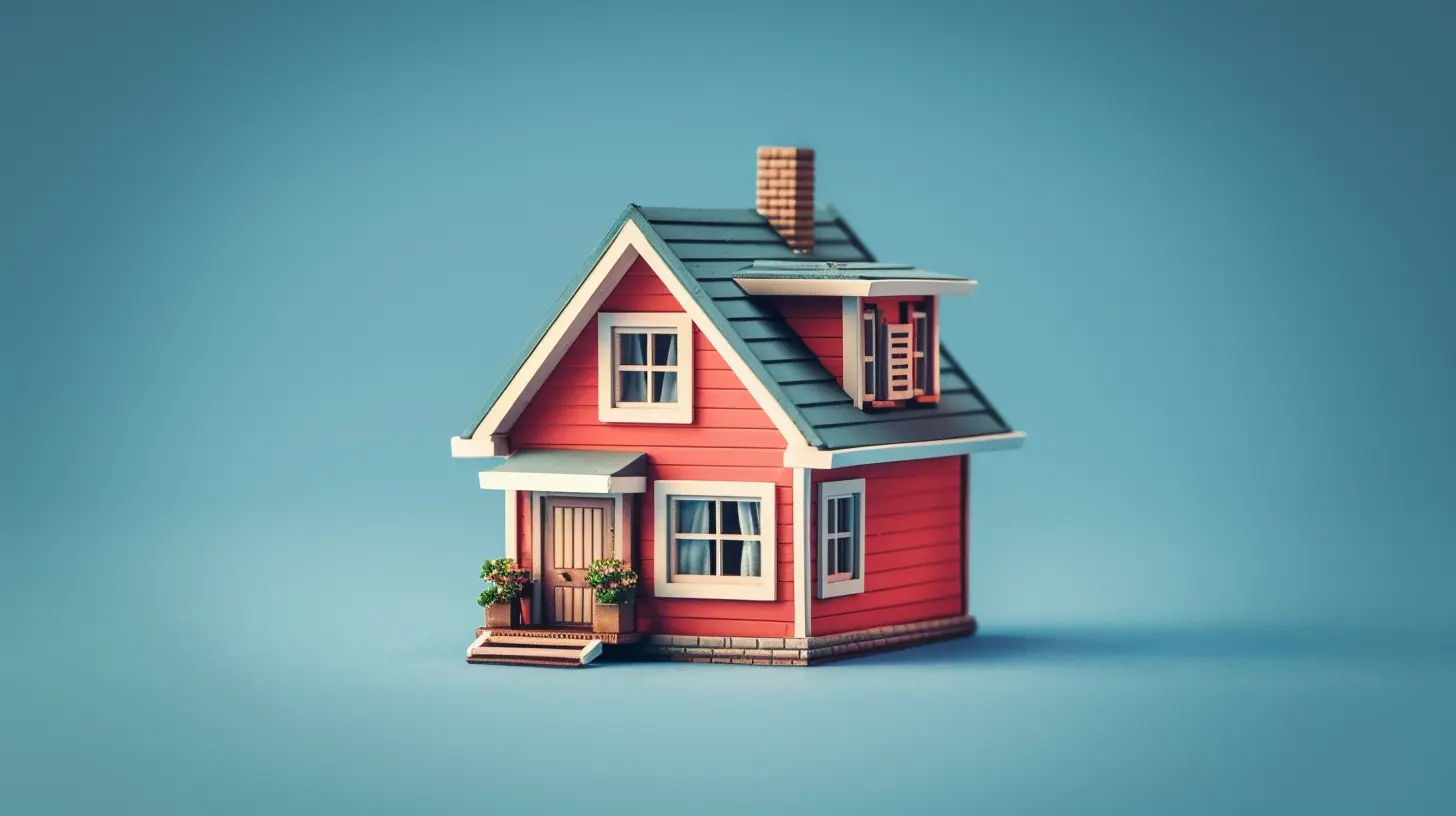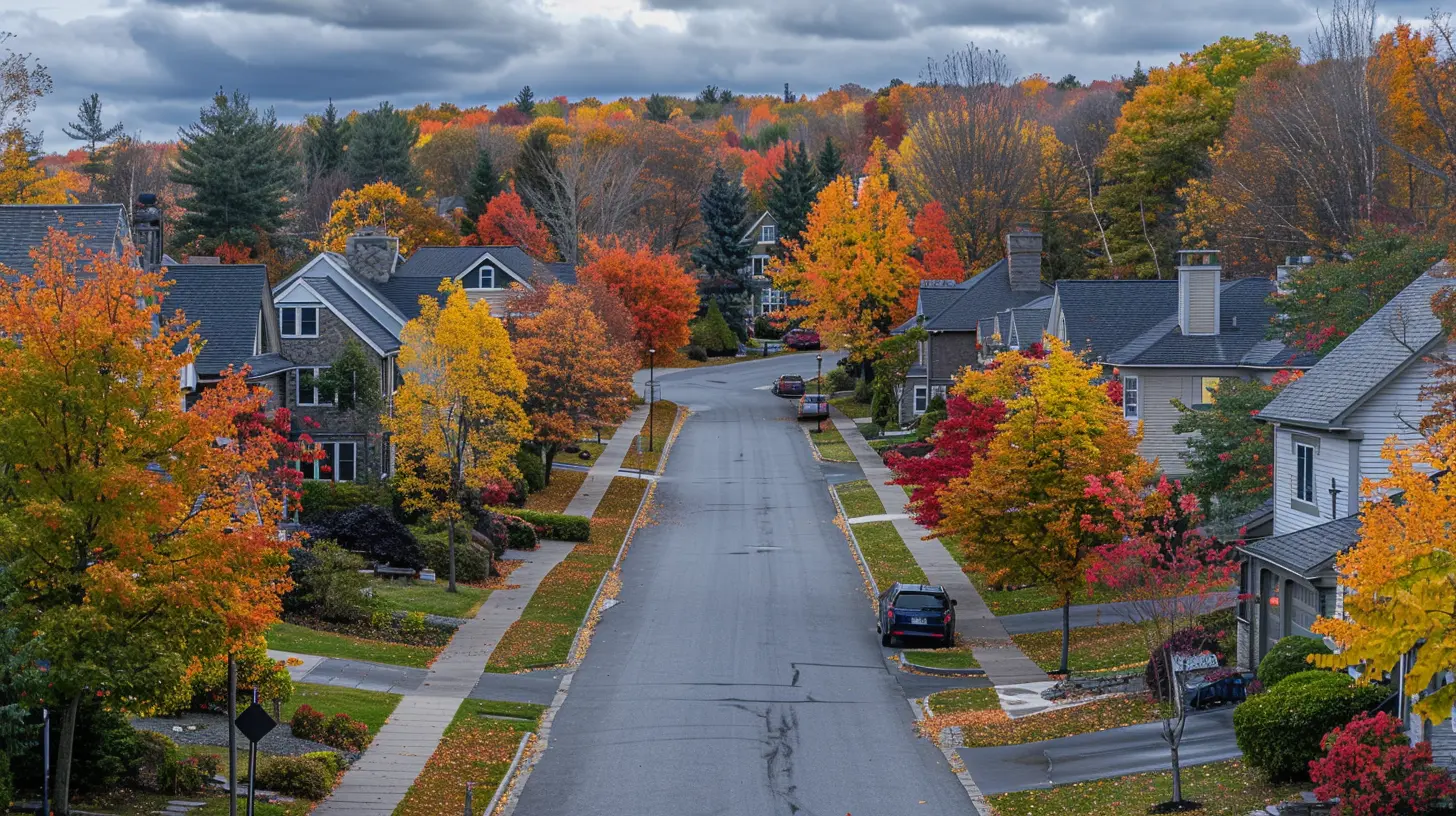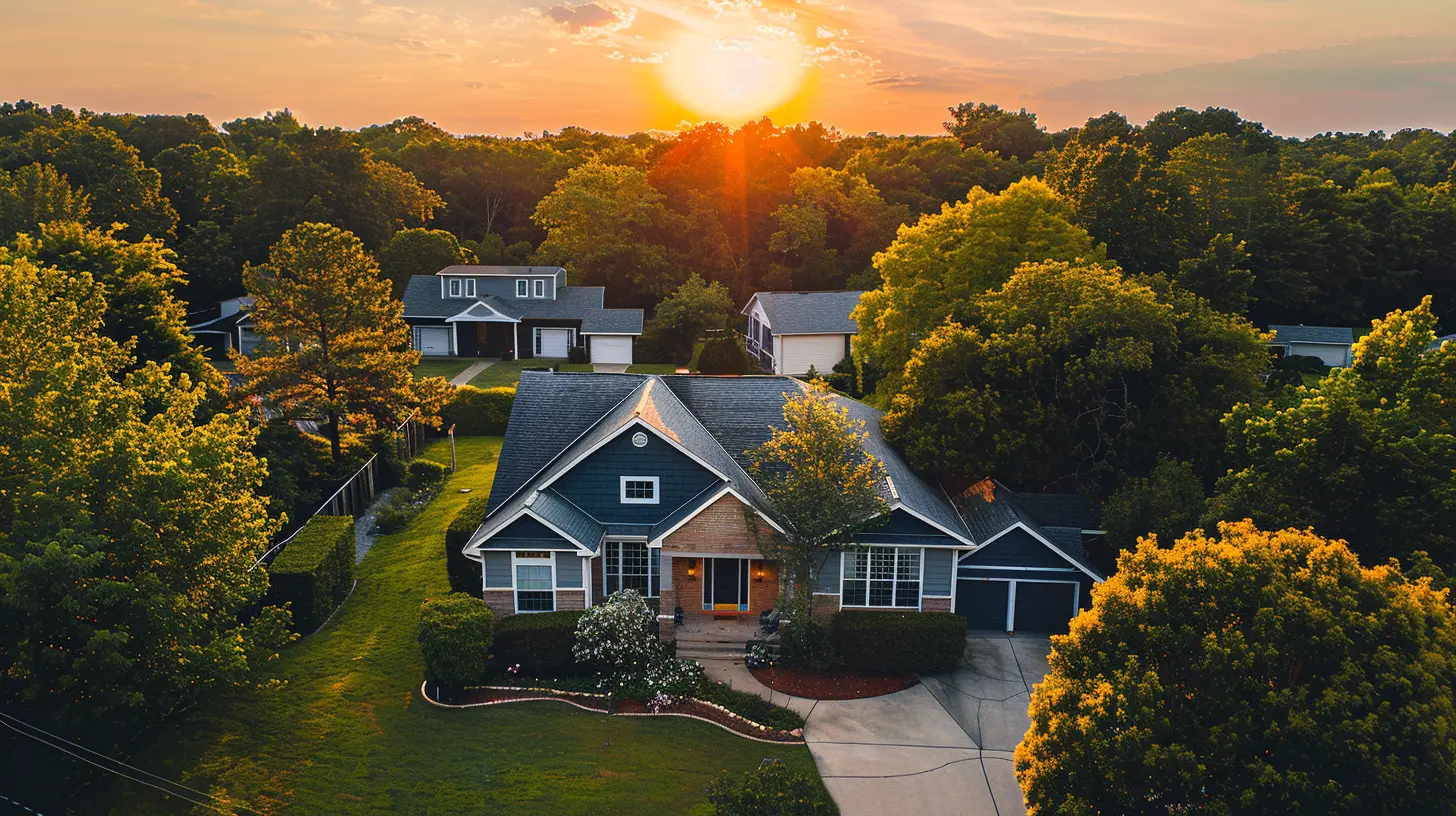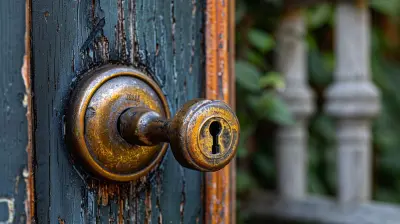Key Factors First-Time Buyers Should Prioritize
26 June 2025
Buying your first home is an exciting milestone, but let's be honest—it can also be a bit overwhelming. With so many things to consider, it’s easy to feel like you're drowning in a sea of mortgage terms, financial decisions, and house-hunting stress.
But don’t worry! If you focus on the right factors, you’ll navigate the home-buying process like a pro. From setting a realistic budget to choosing the right location, this guide breaks down the key priorities that every first-time buyer should keep in mind.

1. Your Budget: Know What You Can Afford
Before you even start scrolling through home listings, it's crucial to set a realistic budget. Buying a home isn’t just about the sticker price—you need to account for closing costs, property taxes, homeowners insurance, and unexpected repairs.How Much Should You Spend?
A good rule of thumb is that your monthly mortgage payment (including taxes and insurance) shouldn't exceed 28% of your gross monthly income.Get Pre-Approved for a Mortgage
Getting pre-approved for a mortgage helps you understand how much a lender is willing to give you, which prevents you from falling in love with homes outside your budget. Plus, pre-approval makes you a stronger contender in competitive markets.If you’re unsure where to start, talking to multiple lenders and comparing rates can help you find the best deal.

2. Location, Location, Location
You can change almost everything about a house—paint colors, flooring, even entire layouts—but you can’t change its location. That’s why this should be a top priority when house hunting.What to Consider
- Commute Time – Will you be spending hours in traffic every day?- Schools – Even if you don’t have kids, good school districts boost property values.
- Crime Rate – Check local crime reports to ensure the area is safe.
- Amenities – Are grocery stores, hospitals, restaurants, and parks nearby?
A beautiful house in a bad location can quickly become a regret. So, think beyond the house itself—your surroundings matter.

3. Think About Future Resale Value
You might be buying your "forever home," but life happens—job changes, family growth, or simply wanting a fresh start. That’s why it’s wise to consider a home’s resale value before buying.What Makes a Home Sellable?
- Homes in desirable neighborhoods tend to appreciate more.- Properties with functional layouts and modern upgrades attract more buyers.
- Avoid overly unique or highly customized features that might be a turn-off for future buyers.
Even if you're not planning to sell any time soon, choosing a home with strong resale potential is a smart financial move.

4. The Condition of the Home
Unless you're buying a brand-new house, your dream home might come with a few quirks. While some issues are easy fixes, others can be expensive nightmares.Get a Professional Home Inspection
An inspection can uncover hidden problems like:- Foundation cracks
- Roof damage
- Plumbing or electrical issues
- Mold or pest infestations
Skipping an inspection to save money is a risky gamble that can cost you big time down the road. Always know exactly what you're getting into.
5. Understand the Total Costs of Homeownership
Buying a home is one thing. Maintaining it? That’s another story. Homeownership comes with costs beyond the mortgage payment.Ongoing Expenses Include:
- Property Taxes – These can rise over time.- Homeowners Insurance – Required by lenders, but rates vary depending on factors like location and coverage.
- HOA Fees – If you're buying in a community with a homeowners association, be prepared for additional monthly or annual fees.
- Utility Bills – Factor in electricity, water, gas, and internet costs.
- Maintenance & Repairs – Roof replacements, plumbing issues, and HVAC repairs can add up fast.
Before buying, make sure your budget comfortably covers these expenses. You don’t want to be house-poor—owning a home but struggling to afford anything else.
6. Your Long-Term Needs
Think about how the home will serve you not just today, but five or even ten years from now.Ask Yourself:
- Will your family grow?- Do you need extra space for a home office?
- Is the layout practical for aging in place?
Sometimes, buying a slightly larger or better-located house now can save you from needing to move again sooner than expected.
7. Your Credit Score Matters
Your credit score plays a huge role in your mortgage rate. A higher score means lower interest rates, which could save you thousands over the life of your loan.How to Improve Your Credit Before Buying:
- Pay off outstanding debts.- Avoid opening new credit accounts before applying for a mortgage.
- Make payments on time.
If your score isn’t great, consider postponing your purchase while working to improve it. A better rate is worth the wait.
8. First-Time Buyer Programs & Assistance
Good news: there are programs designed to help first-time buyers! Some offer lower down payments, while others provide tax credits or grants.Types of Assistance Available:
- FHA Loans (require as little as 3.5% down)- VA Loans (for veterans, often with 0% down)
- USDA Loans (for rural areas, sometimes with no down payment)
- State and local first-time buyer assistance programs
Research your options—you might qualify for financial help that makes homeownership more affordable.
9. Negotiation is Your Friend
Think the listed price is set in stone? Think again! Sellers often expect negotiations.Ways to Negotiate:
- Ask for a lower price if the home has been on the market for a while.- Request the seller to cover closing costs.
- Negotiate repairs if the inspection reveals issues.
A skilled real estate agent can be a game-changer in getting the best deal.
10. Work With the Right Real Estate Agent
Not all real estate agents are created equal. Find one who listens to your needs, understands the local market, and isn’t just pushing for a quick sale.What to Look For:
- Experience in your target market- Strong communication skills
- Positive reviews from past clients
The right agent will guide you through the process, answer questions, and help you make informed decisions.
Final Thoughts
Buying your first home is a big deal, but it doesn’t have to be stressful. By focusing on your budget, location, future needs, and the total cost of homeownership, you’ll be well-prepared to make the right choice.Remember, homeownership isn’t just about finding a house—it’s about investing in your future. Choose wisely, and you’ll enjoy a home that not only meets your needs today but continues to serve you for years to come.
all images in this post were generated using AI tools
Category:
First Time Home BuyersAuthor:

Elsa McLaurin
Discussion
rate this article
2 comments
Sophie Lane
Value transcends price; embrace purpose.
November 5, 2025 at 5:29 AM

Elsa McLaurin
Absolutely! Prioritizing purpose over price ensures that first-time buyers invest in homes that align with their values and long-term goals.
Zia White
This article provides valuable insights for first-time buyers. Prioritizing budget, location, and future resale value will empower informed decisions. Reflecting on personal needs and market trends is essential for a successful home-buying experience.
July 9, 2025 at 3:34 AM

Elsa McLaurin
Thank you for your thoughtful comment! I'm glad you found the insights valuable for first-time buyers. Prioritizing these factors is indeed crucial for making informed decisions.


